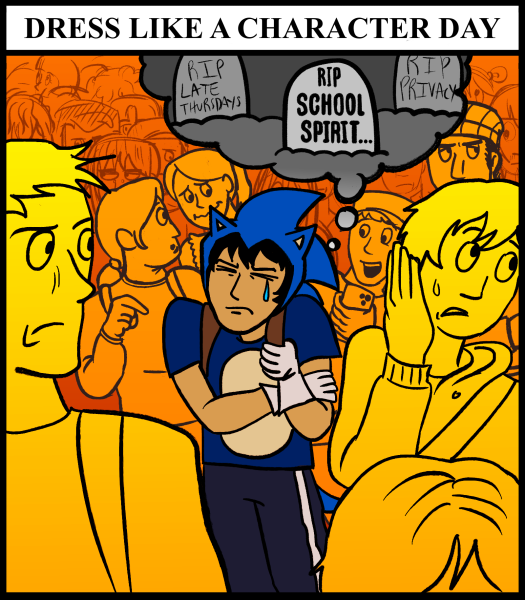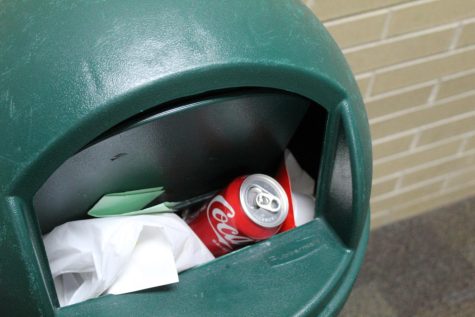Youtube, Rdio and Spotify, oh my! Streaming dominates music world
April 20, 2015
The war of music streaming continues to heat up as the service Tidal has been relaunched. Jay-Z bought the company Aspiro, which owned Tidal, for $56 million in January. He held a press conference on March 30, where 16 big-time artists ranging from Kanye West to Jack White all signed a declaration “to change the status quo” as shareholders in Tidal. Some beg to differ.
“If [Jay-Z is] trying to make the argument that the lower-income artist is going to make money off this, [the lower-income artist] doesn’t really,” junior Nick Crenshaw said. “More money [is going] to really rich artists.”
Tidal has better royalty rates than Spotify pay, which an artist between $0.006 to 0.0084 per stream of one of their songs, depending on their record deal. Debate about the flaws of Spotify’s business model became prevalent when Taylor Swift pulled her music from Spotify in November, saying she thinks “there should be an inherent value placed on art.” While the move was applauded by some, others questioned how this actually helped solve the problem of declining music sales and the widening gap between big and small artists. Tidal’s relaunch caused a similar reaction.
“I feel like the business model is flawed because it’s not helping the starving artist,” business teacher Chad Froeschle said. “It’s all about exclusivity and the ‘haves’ becoming even richer.”
Tidal offers a $10 and $20 per month options, but no ad-supported free service, like Pandora or Spotify. The more expensive option’s draw is better quality lossless High Fidelity audio.
Is $120 to $240 a year a lot of money to spend on music? It all depends on the type of consumer. According to an article published by Billboard in 2013, the average iTunes account averages only $12 in music purchases, but a Los Angeles Times article from the same year says serious music lovers can spend over $400 a year on music, which includes things like concerts and merchandise.
While flaws in the music business are important to address, keeping up with today’s on-demand, not brand-specific culture might be more important.
“The big trend for millennials is finding the best price and finding things for free, constantly finding ways to use the system,” Froeschle said.






